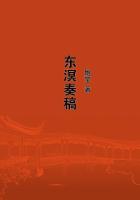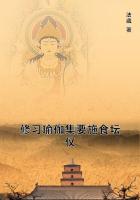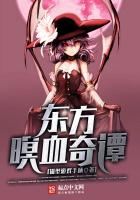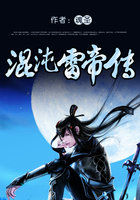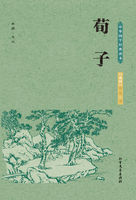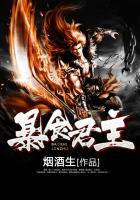Every great change of opinion on the destinies of man and the guiding principles of conduct must react on the sphere ofmaterial interests;and the Catholic religion had a powerful influence on the economic life of the Middle Ages.Christianityinculcates,perhaps,no more effectively than the industry,thrift,older religions the special economic virtues of fidelity toengagements,obedience to rightful authority;but it brought out more forcibly and presented more persistently the higheraims of life,and so produced a more elevated way of viewing the different social relations.It purified domestic life,a reformwhich has the most important economic results.It taught the doctrine of fundamental human equality,heightened the dignityof labour,and preached with quite a new emphasis the obligations of love,compassion,and forgiveness,and the claims ofthe poor.The constant presentation to the general mind and conscience of these ideas,the dogmatic bases of which werescarcely as yet assailed by scepticism,must have had a powerful effect in moralising life.But to the influence of Christianityas a moral doctrine was added that of the Church as an organization,charged with the application of the doctrine to men'sdaily transactions,Besides the teachings of the sacred books,there was a mass of ecclesiastical legislation providing specificprescriptions for the conduct of the faithful.And this legislation dealt with the economic as with other provinces of socialactivity.In the Corpus Juris Canonici ,which condenses the result of centuries of study and effort,along with much else isset out what we may call the Catholic economic theory,if we understand by theory,not a reasoned explanation ofphenomena,but a body of ideas leading to prescriptions for the guidance of conduct.Life is here looked at from the point ofview of spiritual well-being;the aim is to establish and maintain amongst men a true kingdom of God,The canonists are friendly to the notion of a community of goods from the side of sentiment ("Dulcissima rerum possessiocommunis est"),though they regard the distinction of meum and tuum as an institution necessitated by the fallen state ofman.In cases of need the public authority is justified in re-establishing pro hac vice the primitive community.The care of thepoor is not a matter of free choice;the relief of their necessities is debitum legale .Avaritia is,idolatry;cupiditas ,even whenit does not grasp at what is another's,is the root of all evil,and ought to be not merely regulated but eradicated.Agricultureand handiwork are viewed as legitimate modes of earning food and clothing;but trade is regarded with disfavour,because itwas held almost certainly to lead to fraud:of agriculture it was said,"Deo non displicet";but of the merchant,"Deo placerenon potest."The seller was bound to fix the price of his wares,not according to the market rate,as determined by supplyand demand,but according to their real value (justum pretium ).He must not conceal the faults of his merchandise,nor takeadvantage of the need or ignorance of the buyer to obtain from him more than the fair price.Interest on money is forbidden;the prohibition of usury is,indeed,as Roscher says,the centre of the whole canonistic system of economy,as well as thefoundation of a great part of the ecclesiastical jurisdiction.The question whether a transaction was or was not usuriousturning mainly on the intentions of the parties,the innocence or blameworthiness of dealings in which money was lentbecame rightfully a subject of determination for the Church,either by her casuists or in her courts.(1)The foregoing principles point towards a noble ideal,but by their ascetic exaggeration they worked in some directions as animpediment to industrial progress.Thus,whilst,with the increase of production,a greater division of labour and a largeremployment of borrowed capital naturally followed,the laws on usury tended to hinder this expansion.Hence they wereundermined by various exceptions,or evaded by fictitious transactions.These laws were in fact dictated by,and adapted to,early conditions-to a state of society in which money loans were commonly sought either with a view to wasteful pleasuresor for the relief of such urgent distress as ought rather to have been the object of Christian beneficence.But they were quiteunsuited to a period in which capital was borrowed for the extension of enterprise and the employment of labour.Theabsolute theological spirit in this,as in other instances,could not admit the modification in rules of conduct demanded by anew social situation;and vulgar good sense better understood what were the fundamental conditions of industrial life.
When the intellectual activity previously repressed by the more urgent claims of social preoccupations tended to revivetowards the close of the mediaeval period,the want of a rational appreciation of the whole of human affairs was felt,andwas temporarily met by the adoption of the results of the best Greek speculation.Hence we find in the writings of St.
Thomas Aquinas the political and economic doctrines of Aristotle reproduced with a partial infusion of Christian elements.


